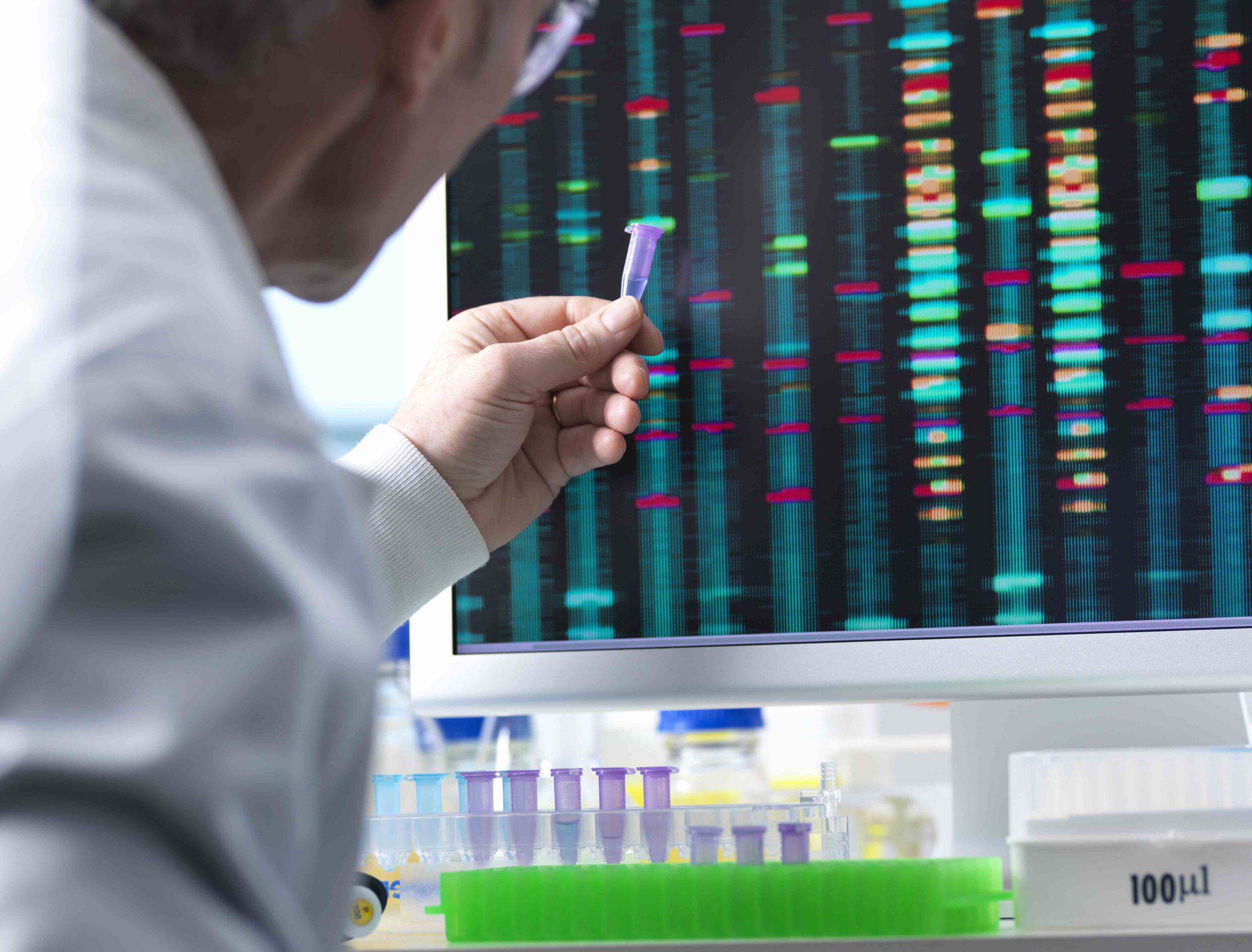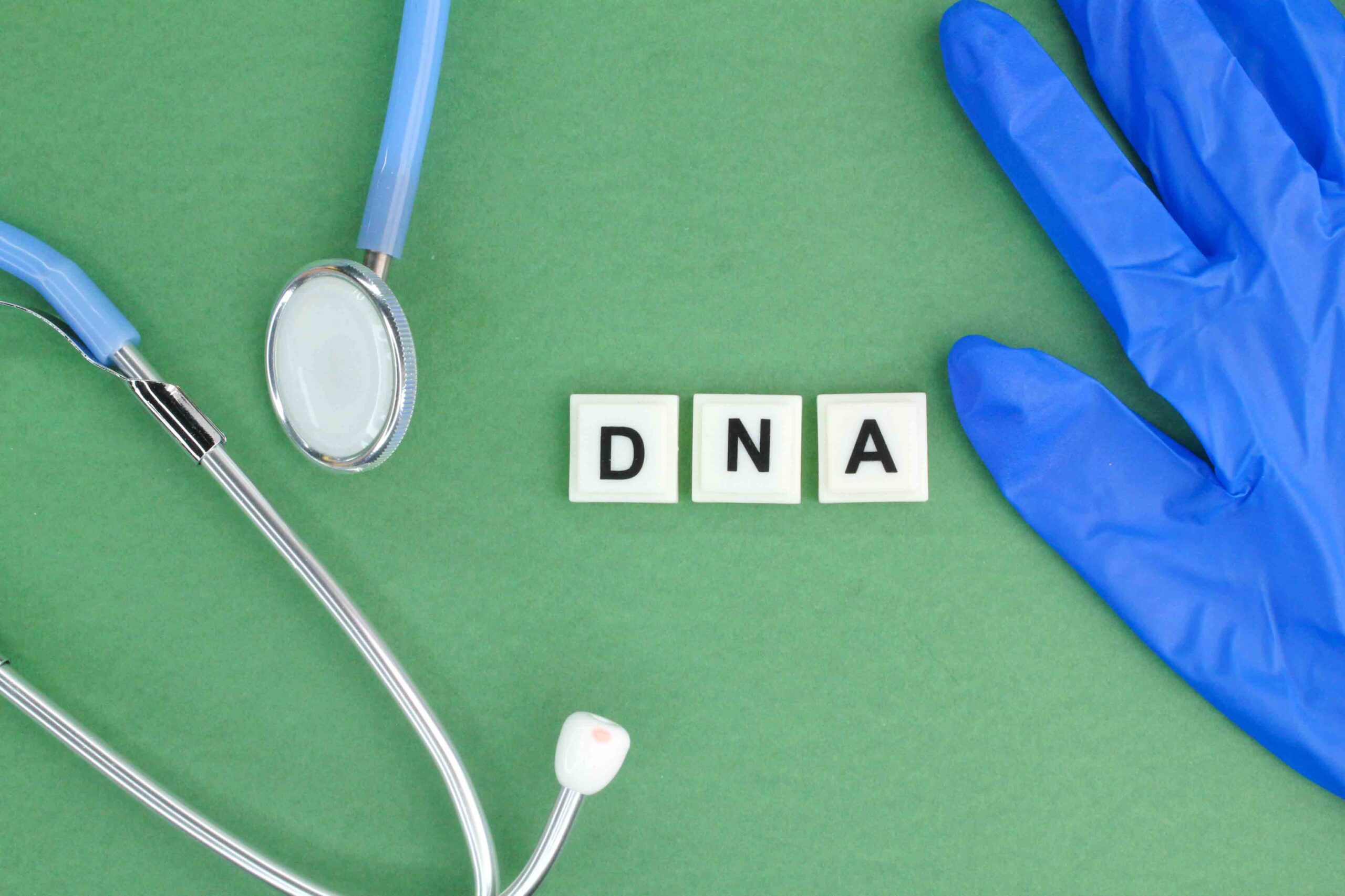When Is a Paternity Test Necessary?
A paternity test becomes necessary in various situations, especially when there is uncertainty or disagreement about a child’s biological father. Here are key scenarios where a paternity test is often required:
Disagreement About Paternity
- If the mother and the alleged father disagree on the identity of the biological father, a paternity test can provide clear evidence to resolve the dispute.
- Establishing paternity is crucial for legal matters such as child support and custody arrangements.
Verification of Biological Father
- Even in the absence of a dispute, parents may choose to verify the biological father for personal assurance and peace of mind.
- Confirming paternity can strengthen family bonds and provide emotional clarity for all parties involved.
Court Orders for Paternity Testing

- When a petition is filed, the court may order the alleged father to undergo a paternity test to establish biological paternity officially.
- Court-ordered paternity tests ensure that legal decisions regarding custody, support, and visitation rights are based on accurate biological information.
- Paternity tests are necessary for establishing a child’s right to inheritance and other legal benefits from the biological father.
- In cases of contested wills or estate claims, proving biological relationships through paternity testing can provide essential evidence.
Why Choose DNA Paternity Testing?

Determining paternity can have significant legal and personal implications. Here are the key reasons why many people opt for DNA paternity testing:
- Establishing paternity is crucial in child custody cases. Courts often require DNA evidence to determine parental rights and responsibilities.
- Accurate paternity testing can ensure that the right parent is held accountable for child support, providing financial stability for the child.
- Confirming biological relationships is essential for inheritance claims. DNA paternity testing can provide the necessary proof for a child to inherit from their biological father.
- It can also help in cases where a will is contested, ensuring that rightful heirs receive their due share.
- Knowing one’s biological parent can strengthen family bonds. Children and fathers alike benefit emotionally from the certainty provided by paternity testing.
- This knowledge can help build stronger, healthier relationships within families.
- For many, DNA paternity testing offers peace of mind. It eliminates doubts and provides clear answers about biological relationships.
- This assurance can reduce stress and anxiety for all parties involved.
- Paternity disputes can arise in various situations, including during divorce proceedings or when determining parental rights.
- DNA testing provides a definitive resolution, helping to settle disputes quickly and effectively.
- In some cases, establishing paternity is a legal requirement. This is often necessary for birth certificate amendments or immigration cases.
- Courts and legal entities require reliable evidence, and DNA testing provides the scientific proof needed to meet these requirements.
How the Testing Process Works

Sample Collection: Samples are usually collected using a cheek swab from the inside of the mouth of both the child and the potential father. This method is painless and quick.
Lab Analysis: The collected samples are sent to a certified lab where technicians analyze the DNA. They compare specific genetic markers in the child’s DNA with those in the potential father’s DNA.
Legal Considerations in Texas

- The Texas Family Code outlines the procedures and standards for court-admissible paternity tests. It’s essential to follow these guidelines to ensure the test’s acceptance in legal settings.
- Compliance with the Texas Family Code ensures that the paternity test results meet the legal requirements for use in cases involving child custody, support, and inheritance disputes.
- It is crucial to use an accredited lab for DNA paternity testing. Accreditation from organizations like the American Association of Blood Banks (AABB) ensures that the lab meets high standards of accuracy and reliability.
- Accredited labs follow strict protocols and maintain the quality of their testing processes, which is vital for the credibility of the test results.
- Following a chain-of-custody protocol is essential for guaranteeing the validity of the paternity test in court. This protocol involves documenting every step of the sample collection, handling, and testing process.
- Proper chain-of-custody procedures ensure that the samples are not tampered with or contaminated, maintaining the integrity of the test results.
- The testing procedure must be court-admissible, which means it adheres to legal standards for collecting and handling DNA samples. This includes having a neutral third party collect the samples and ensuring that the individuals being tested provide proper identification.
- Court-admissible procedures also require that the test results are reported in a format that meets legal standards and can be presented in court.
- Proper legal documentation is necessary for the paternity test to be recognized in legal proceedings. This includes detailed reports from the testing lab and affidavits attesting to the accuracy and authenticity of the test results.
- Legal documentation also involves obtaining the necessary consent from all parties involved in the testing process, which is particularly important in cases involving minors.
- DNA paternity test results can be used in various legal proceedings, including child custody and support cases, inheritance disputes, and adoption cases.
- In legal disputes, having court-admissible paternity test results can provide definitive evidence, helping to resolve issues more efficiently and fairly.
Choosing the Right DNA Testing Service

- Accreditation: Ensure the lab is accredited by recognized organizations such as the American Association of Blood Banks (AABB).
- Reputation: Look for a service with positive reviews and a solid track record.
- Confidentiality: Choose a provider that guarantees privacy and security for your personal information.
- Customer Support: Opt for a company that offers comprehensive customer support to answer your questions and guide you through the process.
Cost of DNA Paternity Testing
How Long Before the Results Return?
Conclusion
DNA paternity testing in Texas is a reliable way to establish biological relationships. Whether you need it for legal reasons or personal peace of mind, understanding the process, legal implications, and how to choose the right service can help you make informed decisions. Trust only accredited labs and ensure you follow the legal guidelines to get the most accurate and useful results.
Serving Your Family Legal Matters

Contact Us Today
The address is 6840 San Pedro, San Antonio, Texas 78216. Phone: (210) 249-2985

